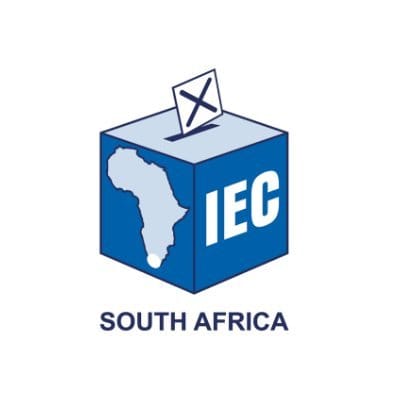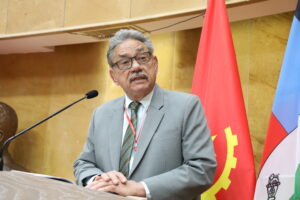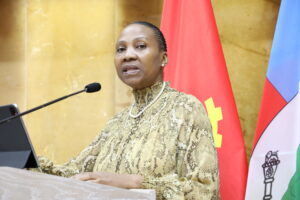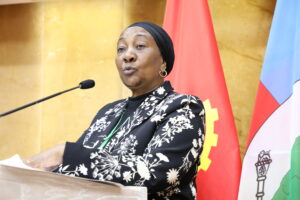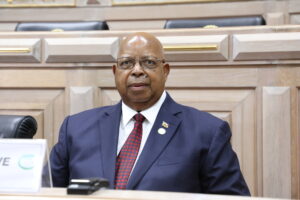Nomazulu Moyo
JOHANNESBURG, South Africa — In a historic turn of events, South Africa’s ruling African National Congress (ANC) has lost its 30-year majority in the national elections.
The party, once led by Nelson Mandela during the fight against apartheid, now faces the need for a coalition partner to remain in power.

Winds of Change
For decades, the ANC held a dominant position, securing nearly 70% of the vote two decades ago. However, recent years have seen a decline in its popularity. In the 2019 election, it secured 57.5% of the vote, and this time around, the results are even more uncertain. The ANC struggled to win over half of the electorate, especially in Gauteng and KwaZulu-Natal, the country’s most populous provinces.
The ANC’s decline can be attributed to mounting failures during its time in office. While the party initially brought significant improvements to South Africans’ lives, including the end of apartheid, constitutional freedoms, and economic growth, the past 15 years have been marked by rising unemployment, corruption, and deteriorating infrastructure. Public surveys reveal a despondent populace, mistrustful of leaders and each other.

More from Africa News 24
SADC Electoral Observation Mission commends South Africa’s “democratic elections”
Zimbabwean comedian Learnmore Jonasi wows America’s Got Talent
The Alternatives
Despite having 70 parties vying for seats in the National Assembly, most eligible South Africans remain disengaged from the electoral process. The Democratic Alliance (DA), the second-largest party, has struggle to win over the black majority. Meanwhile, the Economic Freedom Fighters (EFF) and uMkhonto weSizwe (MK) have offered competing versions of anti-white populism, leaving voters with limited genuine alternatives.
With 99.51% of counting by the Electoral Commission of South Africa complete, the ANC has just 40.2% while the DA has 21.8%. It is former president Jacob Zuma’s MK’s 14.6% which has caused a serious upset as firebrand Lulius Malema’s EFF is coming in limping in fourth with 9.48% of the total vote.

The Path Forward
As South Africa’s proportional representation system requires a coalition when no party wins more than 50% of parliamentary seats, the ANC may continue in power by default, possibly forming a coalition with smaller parties. The sentiment of “better the devil you know” has been prevailing among voters, commentators say, but the nation could benefit from fresh leadership and ideas.
In the aftermath of this landmark election, South Africa stands at a crossroads. The ANC’s loss of its long-standing majority signals winds of change, and the country eagerly awaits the formation of a new government that can address pressing challenges and inspire hope for a brighter future.






